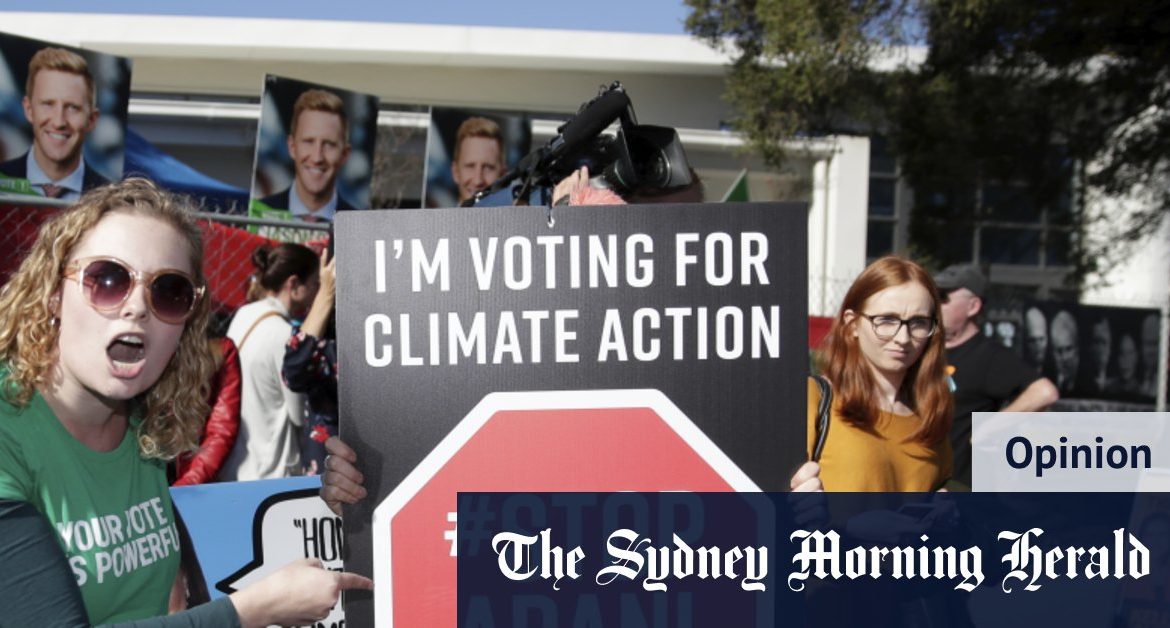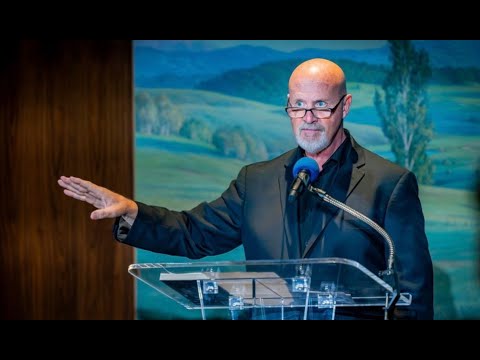With Australian coal stacked up off Chinese ports and almost weekly news of a new Chinese embargo, Australia’s new Trade Minister, Dan Tehan, is eager to sell to India. He wants to reopen negotiations on the Australia-India Comprehensive Economic Co-operation Agreement, begun in 2011 and stalled since 2015. And given the current state of the Australian economy, time is of the essence.
India has the world’s sixth-largest economy, and despite being hard hit by the coronavirus pandemic, it is sure to rise to fifth place before long, trailing the United States, China, Japan, and Germany. It is also a perfect partner for Australia, importing coal, gas, copper, gold and aluminium. So what’s the problem?
While the Adani coal mine has attracted massive national and international criticism, China’s Shenhua mine in NSW has been more low key.Credit:Alex Ellinghausen
In a word: Adani. Central Queensland’s Carmichael coal mine, under development for a decade and now expected to begin operations in 2021, has had to face every barrier in the book – and some new ones that were invented after the book was published. Owned by India’s Adani Group, the mine’s operating company has been renamed “Bravus” to reflect the bravery it has taken to get the project done.
Environmental activists have fought the project at every turn, and fair enough: you can’t expect green groups to endorse a new coal mine. But the fight over the Adani mine illustrates the difficulties in cultivating India as an export destination. The problem is that India plays fair – and Australia, ironically, works best with partners who play foul.







